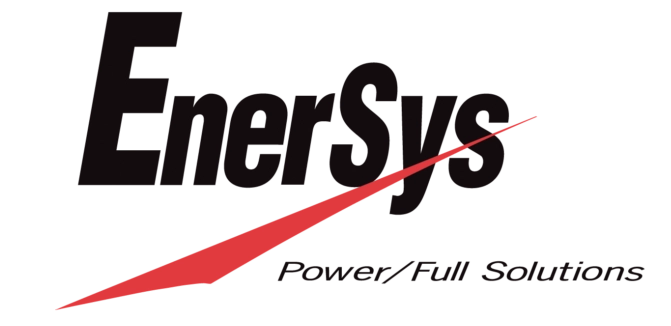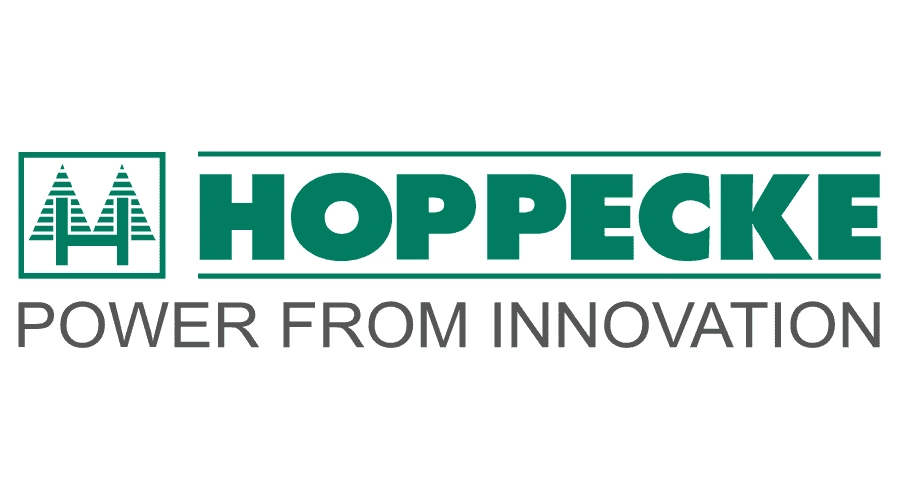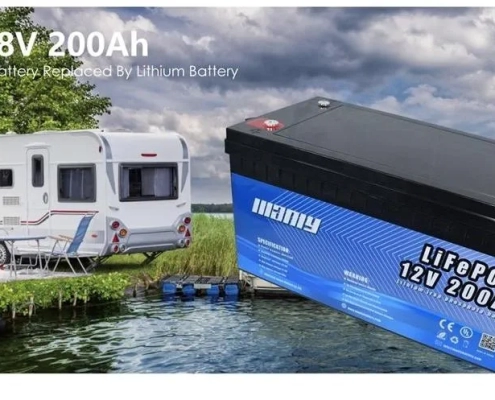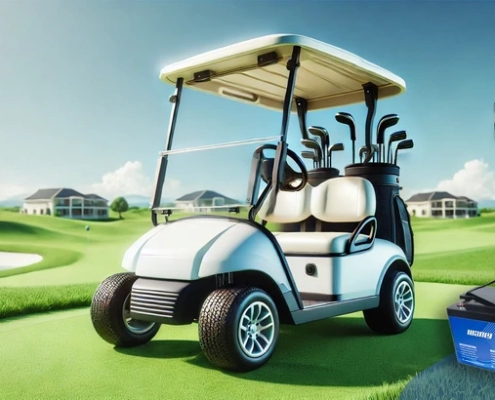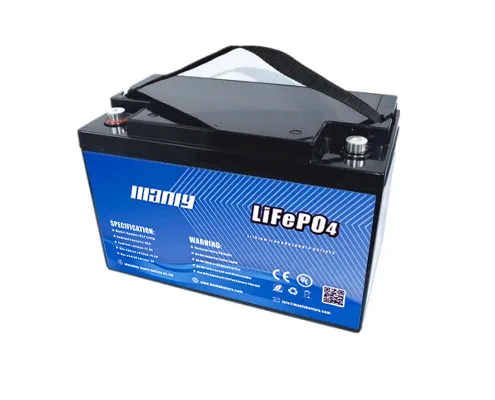Tips for Lithium Ion Forklift Battery Safety in 2024
Table of Contents
- Tips for Lithium Ion Forklift Battery Safety in 2024
The global forklift market is expanding rapidly, particularly in the electric forklift segment. Industry leaders frequently ask, “How big is the forklift battery market?” To address this, it’s projected that the global forklift battery market will reach $25.67 billion by 2024. This growth is driven by the increasing adoption of electric forklifts in warehouses, factories, and distribution centers, drawn by their efficiency, lower operating costs, and environmental benefits compared to traditional internal combustion engine forklifts. As more forklifts become electric, the demand for reliable batteries grows, making lithium ion batteries a preferred choice due to their superior performance and safety features.
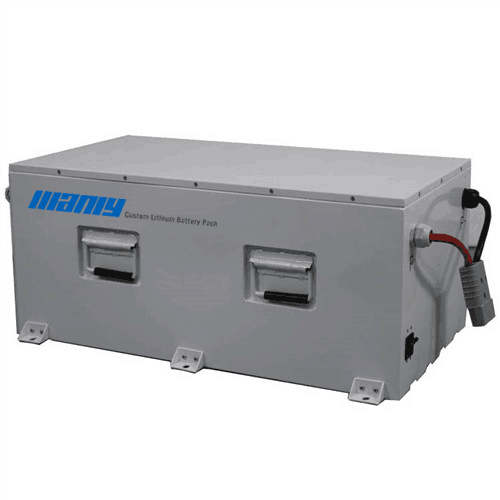
Global Forklift Market Expansion and Battery Trends
Growth of the Global Forklift Market
Many industry leaders are curious about the size of the forklift battery market, asking questions like, “How big is the forklift battery market?” To answer this, the global forklift battery market is projected to reach $25.67 billion by 2024.
The global forklift market, particularly the segment for electric forklifts, is experiencing significant growth. According to Grand View Research, Inc., the global electric forklift market size was expected to reach $39.15 billion by 2022, with a compound annual growth rate (CAGR) of 14.9% from 2023 to 2030. This growth is largely driven by the increasing adoption of electric forklifts in warehouses, factories, and distribution centers. Companies are drawn to electric forklifts for their efficiency, lower operating costs, and environmental benefits compared to traditional internal combustion engine forklifts.
Regional Market Insights
Decision-makers often wonder, “What percentage of forklifts are electric?” An increasing number of forklifts are becoming electric, driven by advancements in battery technology and a growing focus on sustainability.
In the Asia-Pacific region, the forklift battery market is expected to grow at a CAGR of 5.6% during the forecast period. Rapid population growth, urbanization, and expansion in key industries such as construction, food processing, electronics, furniture, and consumer goods are driving the demand for forklift batteries in this region. The growing need for materials handling equipment in these industries boosts the demand for forklift batteries.
Expansion of Electric Forklift Battery Market
Another important consideration is the size of the lithium ion battery market. So, “How big is the lithium ion battery market?” The lithium ion battery market for forklifts is expected to grow significantly from 2023 to 2030, driven by the rising demand for efficient and reliable battery solutions.
The growth of the electric forklift market directly impacts the expansion of the electric forklift battery market. By 2024, the global forklift battery market value is anticipated to reach $25.67 billion, with a projected increase to $48.65 billion by 2034. This market is expected to grow at a CAGR of 6.6% from 2024 to 2034. North America holds a significant share of the global forklift battery market, with a projected CAGR of 6.2%. The adoption of smart logistics technologies in advanced markets like North America is a major driver. Major companies such as Walmart, Amazon, and Costco significantly contribute to this trend.
Lead-Acid vs. Lithium Ion Batteries
Electric forklifts primarily use two types of batteries: lead-acid and lithium ion. Lithium ion batteries are gradually replacing lead-acid batteries due to their numerous advantages. Lithium ion batteries offer faster charging times, longer lifespan, and lower maintenance compared to lead-acid batteries. This transition is evident in the forklift battery market, where the lithium ion segment is experiencing significant growth.
Future Trends in Battery Technology
The lithium ion forklift battery market is expected to grow impressively between 2023 and 2030. The increasing demand for lithium ion batteries can be attributed to their efficiency and reliability. Warehouses, factories, and distribution centers are increasingly opting for lithium ion batteries over traditional lead-acid batteries due to these benefits. This trend is expected to continue, with lithium ion batteries playing a crucial role in the future of the forklift industry.
In conclusion, the global electric forklift market is expanding rapidly, significantly impacting the electric forklift battery market. The shift from lead-acid to lithium ion batteries is a key trend, driven by the advantages of lithium ion technology. This transition is expected to continue, supported by the growing needs of global industries.

